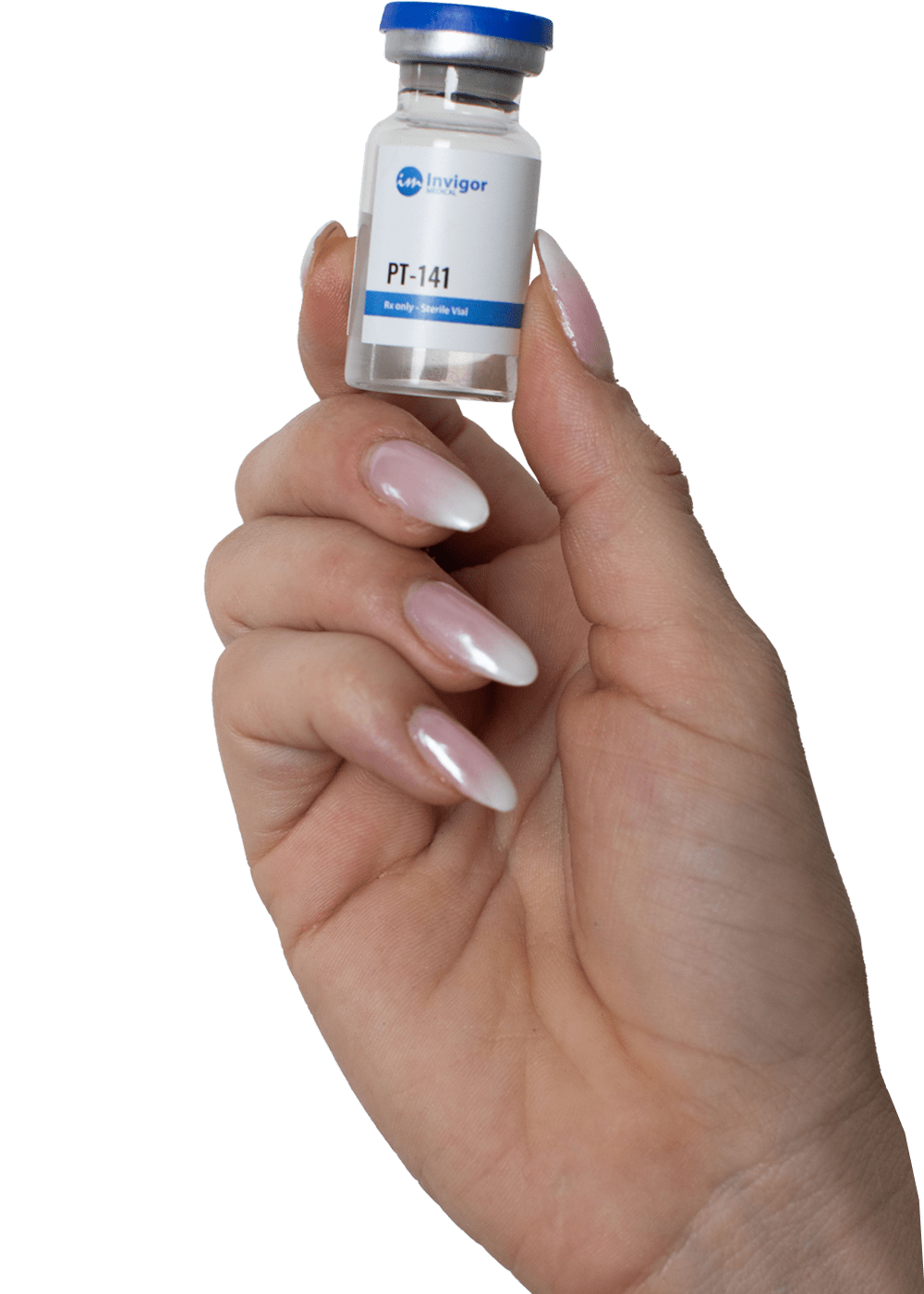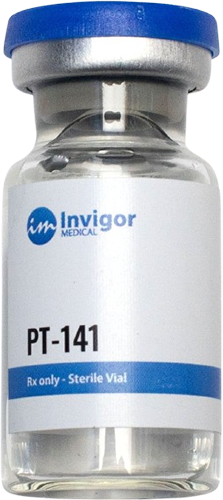Low libido is the lack of desire to have sex. It is your sex drive. Having periods of low libido is very common, but if it is persistent, a physical, psychological, or relationship issue is likely affecting your desire. Low libido can be pervasive or only with a single partner. It can also be episodic or persistent. Low libido may have a single cause, but it is more likely to have a combination of underlying causes.
There is no normal sex drive because libido varies between people and even in different phases of your life. For example, reduced libido is common after menopause because of physical and hormonal changes and certain medical conditions. However, you can take steps to reduce discomfort and increase pleasure during sex.
Sex is good for your health. It has many physical and wellness benefits. Sex and orgasm cause the release of chemicals in your brain that reduce stress, improve sleep, and increase feelings of well-being. With that said, low libido is only a problem if you wish your sex drive was stronger.
Table of Contents
Libido In Women
Hormones are chemicals released by endocrine glands that have effects throughout the body. Sex hormones control many bodily processes, including sexual development, reproduction, bone and muscle development, and sexual desire.
The three major sex hormones are:
- Estrogen: Produced by the ovaries, adrenal glands, and fat cells, estrogen is involved in puberty, the menstrual cycle, pregnancy, and menopause.
- Progesterone: Produced by the ovaries, adrenal glands, and placenta, progesterone is involved in the menstrual cycle and pregnancy.
- Testosterone: Traditionally considered the male sex hormone, testosterone is involved in female fertility, sexual desire, bone and muscle development, and red blood cell production.
Estrogen, progesterone, and testosterone all play a role in regulating female libido. Their effects can easily be seen in the menstrual cycle when many women notice an increase in libido just before ovulation.1 Sexual pheromones released by glands in the sex organs and anus seem to initiate sexual desire.2

Causes Of Low Sex Drive In Women
If you or your partner have a low sex drive, start with an open conversation with them. Mismatched cycles of desire, hormonal changes with life events, different priorities and stresses, medical and mental health conditions, and lack of sleep may all contribute to low libido. When partners avoid having this discussion, it can lead to resentment, frustration, depression, or even an irreparable rift in the relationship.
As part of your discussion, consider these common causes of decreased libido.
- Inadequate sleep, nutrition, or exercise: Lifestyle factors such as sleep, diet, and exercise affect hormonal levels.
- Stress levels or mental health conditions: Mental health conditions, including daily stress, can affect hormone levels and libido. For example, women experiencing anxiety may have difficulty being aroused or having an orgasm. Depression can cause a decreased interest in sex, difficulty having an orgasm, and increased pain with sex. Obsessive-compulsive disorder, ADHD, bipolar disorder, and the medications used to treat these conditions can also affect sex drive and sexual functioning.
- Relationship problems: Sex and relationships are very emotionally charged topics that are hard to discuss without resorting to blaming. A discrepancy in sexual desire between partners is a problem that will only get worse without a frank conversation and a willingness to meet the needs of both partners. However, the first step is to decide whether you want a more sexually dynamic relationship. If you do not, then it is important to state your desires or lack thereof clearly, so there are no misunderstandings.

- Menstrual cycle: Libido varies throughout the menstrual cycle as hormones fluctuate. It is typically highest right before ovulation and lowest the week before menstruation.3
- Contraceptives: These medications are combinations of estrogen and progesterone. Researchers have investigated their effects on libido but have not drawn any definite conclusion. In a systematic review of 30 studies, most women reported an increase in libido while taking an oral contraceptive.4 Another study found that contraceptives are likely to lower libido, but there is variance based on the type of contraceptive.5
- Medications: Besides oral contraceptives, medications that are associated with decreased libido include antidepressants, blood pressure medications, antiepileptic drugs, and drugs used to treat cancer, and diabetes.
- Pregnancy and breastfeeding: Pregnancy and breastfeeding both cause changes in hormone levels and, therefore, can cause changes in libido. Many women notice their libido increases during early pregnancy and decreases while breastfeeding and later in preganancy.
- Menopause: Estrogen decreases precipitously during perimenopause and menopause. This can cause a decrease in libido as well as physical changes that make sexual activity uncomfortable. Postmenopausal women can continue having an active sex life if they desire, or the relationship may evolve into other forms of intimacy outside of sex.
- Age: Sexual desire tends to decrease with age due to physical and hormonal changes. However, there are many things you and your partner can do to help get an older woman in the mood.
- Hypoactive sexual desire disorder (HSDD): A 2008 survey found that 26% of premenopausal and 52% of menopausal women reported low sexual desire.6 According to The North American Menopause Society, about 5.4% to 13.6% of women have hypoactive sexual desire disorder, now known as female sexual interest/arousal disorder.
How To Increase Female Libido
If you notice a significant change in your libido, make an appointment with your doctor. There may be a physical cause. However, some women have decreased sex drive with no obvious cause. This condition is called hypoactive sexual desire disorder (HSDD). Bremelanotide (PT-141) is a prescription medication that is used to treat HSDD. Women inject it under the skin 45 minutes or so before anticipated sexual activity.

Lifestyle And Behavioral Changes
Sexual activity and libido are important aspects of your life. Just like other parts of your physical and psychological health, improving overall health can make a big difference in libido.
- Get at least 7 to 9 hours of restful sleep each night.
- Eat a well-balanced diet high in antioxidants and healthy sources of protein and fat.
- Prioritize exercise: guidelines recommend 150 minutes of moderate-intensity or 75 minutes of vigorous-intensity exercise each week, along with two strength-building sessions each week.
- Moderate your alcohol intake.
- Quit smoking
- Ask your doctor whether any medications you are taking may affect your libido.
- Schedule time to do activities you enjoy to reduce stress.
- Talk to a counselor or a psychologist if you believe stress, excessive anxiety, or depression may contribute to decreased sex drive.
- Talk to your partner when both of you are relaxed and not distracted.
- Try new ways to connect with your partner and enhance your sex life.
- Make time to be a couple. Do activities or go on outings you both enjoy.

Supplements For Female Sex Drive
Vitamin and mineral deficiencies can also affect sex drive. Consider supplements if you may be deficient due to your dietary preferences.
- Vitamin D: Vitamin D deficiency is fairly common and can affect hormone production and increase your risk for depression. Consider vitamin D supplements if you have these risk factors: wearing sunscreen, spending limited time outdoors, having darker pigmented skin, increasing age, or living in northern latitudes.7
- Vitamin E: Vitamin E is an antioxidant that improves blood flow and is known for its antioxidant properties.8
- Vitamin B3: Vitamin B3 increases blood flow.
- Zinc: Zinc is important in testosterone production. Zinc may improve libido in men and postmenopausal women.9
- Magnesium: Magnesium is involved in hundreds of chemical reactions, many of which regulate chemical messengers throughout the body. Low magnesium can increase the risk of depression and other mood disorders. Restoring magnesium can help reduce anxiety, improve sleep, and decrease premenstrual symptoms.
- Medication plans such as Oxytocin and PT-141: Oxytocin increases feelings of connectedness. It can also intensify orgasms and feelings of satisfaction with sex. PT-141 activates melanocortin receptor types 3 and 4 and causes dopamine release. PT-141 has also been approved for women with hypoactive sexual desire disorder.
Hormone Treatments
Fluctuations in hormones or even decreased levels are common causes of low libido. If your hormone levels are tested and are found to be low, your doctor may recommend hormone replacement.
- Dehydroepiandrosterone (DHEA): DHEA is produced by the adrenal glands and is converted into estrogen and testosterone. DHEA levels decrease with age. In one study, 50 women between the ages of 37 and 45 took DHEA and reported increased desire, arousal, lubrication, and orgasm.10
- Estrogen treatments: Estrogen decreases in perimenopause and after menopause. Some women elect to use hormone therapy to restore estrogen. This has risks and benefits, so your doctor will recommend it based on your medical and family history of estrogen-associated medical conditions.
- Testosterone treatments: Women have testosterone, and physiologic levels of testosterone are essential for a healthy libido. In 2019, the Endocrine Society released a statement advocating for a trial of testosterone therapy for women with hypoactive sexual desire disorder.
Talk To A Doctor
Sexual health is as important as physical or psychological health. Therefore, it is important to talk with your doctor if you have low libido or have noticed any changes in your sexual health. After reviewing your medical history, your doctor may recommend lab work to check your hormone levels. They may also suggest a sexual health treatment plan that helps support a healthy libido. Open communication with your partner and physician is the best first step to resolving any physical, psychological, or relationship causes of low libido.










